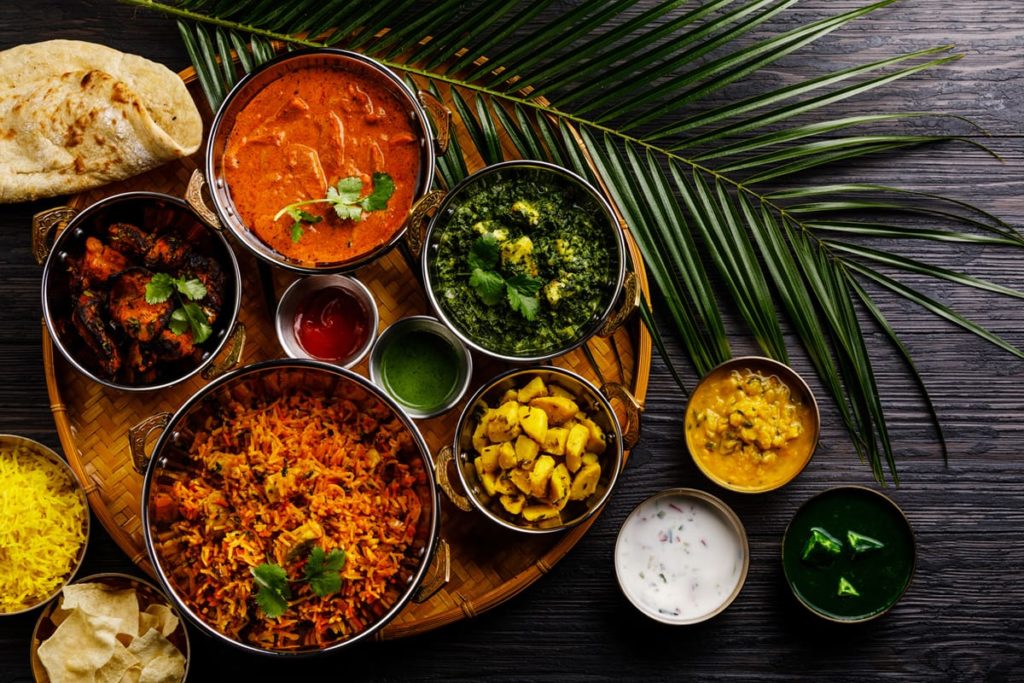The Ayurvedic diet is a consuming pattern that’s been around for hundreds of years. It’s primarily based on the standards of Ayurvedic medication and makes a specialty of balancing distinct forms of electricity within your body, which is stated to improve health. Unlike many other diets, the Ayurvedic food regimen gives customized pointers about which meals to devour and keep away from based totally on your frame type. It’s also popular as it’s the simplest way to promote better health in your body and your thoughts. This article evaluates all you need to realize about the Ayurvedic food plan, including its benefits, downsides, and ingredients to devour and avoid.
What is the Ayurvedic weight loss program?
Ayurveda is a holistic remedy that promotes balance between your body and mind.
According to Ayurveda, five factors make up the universe — Vayu (air), Jala (water), Akash (space), Teja (fire), and Prithvi (earth). These factors are believed to shape three unique doshas, which might be described as forms of electricity that flow within your body. Each dosha is responsible for unique physiological capabilities.
For example, the pitta dosha controls starvation, thirst, and frame temperature. Meanwhile, the vata dosha maintains electrolyte balance and movement, while the Kapha dosha promotes common characteristics (1Trusted Source). The Ayurvedic weight loss program is a component of Ayurveda and has been practiced for many years. It’s based on determining your dominant dosha and ingesting particular ingredients to promote stability between all three doshas.
How does it work?
The Ayurvedic weight-reduction plan is an ingesting plan that units pointers for a while, how, and what you must devour primarily based on your dosha or frame kind. Here are some of the main traits of every dosha to help you determine which type matches you best:

Pitta (hearth + water).
Intelligent, difficult-operating, and decisive. This dosha typically has a medium bodily build and short mood and might suffer from indigestion, heart ailment, or high blood pressure.
Vata (air + space).
Creative, active, and energetic. People with this dosha are generally skinny with a mild body and may struggle with digestive issues, fatigue, or tension while out of balance.
Kapha (earth + water).
Naturally calm, grounded, and dependable. Those with a Kapha dosha often have a sturdier body and might have problems with weight gain, allergies, depression, or diabetes. According to this weight-reduction plan, your dosha determines which meals you should consume to promote inner balance. For example, the pitta dosha focuses on cooling and energizing foods and limits spices, nuts, and seeds. Meanwhile, the vata dosha favors heat, wet, and grounding foods while restricting dried results, bitter herbs, and raw greens. Finally, the Kapha dosha limits heavy foods like nuts, seeds, and oils to culmination, gardens, and legumes. Red meat, synthetic sweeteners, and processed elements are confined to all three doshas. Instead, the Ayurvedic food plan encourages ingesting whole, healthful ingredients.
Benefits
Here are most of the capability benefits of the Ayurvedic Diet.
Encourages whole ingredients
Although the Ayurvedic eating regimen has precise guidelines for each dosha, the food plan as a whole encourages the complete consumption of ingredients like a culmination, vegetables, grains, and legumes. This can benefit your health significantly, as those meals are rich in vital vitamins. The weight loss program minimizes processed ingredients, frequently lacking fiber, essential nutrients, and minerals. Studies show that consuming higher quantities of processed ingredients can be related to a higher risk of heart disease, cancer, and even death (2Trusted Source, 3Trusted Source, 4Trusted Source). Thus, the Ayurvedic food plan may additionally assist in shielding against chronic disorders and selling higher fitness. However, more research is needed.
Could promote weight loss
Given that the Ayurvedic eating regimen emphasizes nutrient-rich entire meals, it might increase weight reduction. While restricted studies are available on the Ayurvedic diet and weight loss, some studies have determined that it can be influential. For example, one examination of two hundred people with pitta or Kapha doshas showed that following the Ayurvedic weight loss plan for three months brought about considerable weight reduction. These people supposedly tend to be heavier than people with vata doshas (5Trusted Source).
Another small look observed that following an Ayurveda-primarily based lifestyle modification software, which covered nutritional changes and yoga instructions, resulted in a median weight reduction of 13 pounds (6 kg) over nine months (6Trusted Source). That said, massive, brilliant studies are needed to evaluate the effectiveness of the Ayurvedic weight-reduction plan for weight loss inside the fashionable population.


